Description
Tomato Pollination Service
Tomatoes are one of the most widely cultivated and consumed vegetables worldwide. However, achieving optimal fruit set, uniformity, and yield requires efficient pollination. While tomatoes are self-pollinating, relying solely on wind or manual methods often results in lower productivity and inconsistent fruit development. Integrating honeybee pollination into tomato farming significantly improves fruit formation, enhances quality, and increases overall yield.
The Role of Honeybees in Tomato Pollination
Unlike other crops, tomatoes possess flowers that require vibration to release pollen effectively. Honeybees, through their natural foraging activities, help in the movement of pollen between flowers, ensuring efficient fertilization. As a result, farms that utilize honeybee pollination observe a 25% to 40% increase in yield, improved fruit size, and better-quality tomatoes with fewer deformities. Additionally, this natural pollination method promotes a more sustainable and eco-friendly farming approach.
Key Benefits of Our Tomato Pollination Service
- Increases Fruit Set and Yield – Honeybee pollination boosts tomato production by 25% to 40%, ensuring better profitability for farmers.
- Improves Fruit Quality – Enhances size, shape, and firmness, reducing the number of deformed or misshapen tomatoes.
- Eco-Friendly and Pesticide-Free – Eliminates the need for chemical-based pollination aids, supporting organic farming.
- Cost-Effective and Efficient – Requires only 4 to 6 beehives per hectare, making it an affordable and scalable solution.
- Promotes Sustainable Farming – Strengthens biodiversity and soil fertility, contributing to long-term agricultural success.
A Sustainable Future with Honeybee Pollination
By adopting honeybee-assisted pollination, tomato farmers can achieve higher yields, superior-quality produce, and better market value. Unlike manual pollination, which requires additional labor and time, using honeybees provides a cost-effective and natural method to optimize farm productivity. Moreover, healthier pollination leads to more uniform ripening, reducing post-harvest losses and improving market appeal.



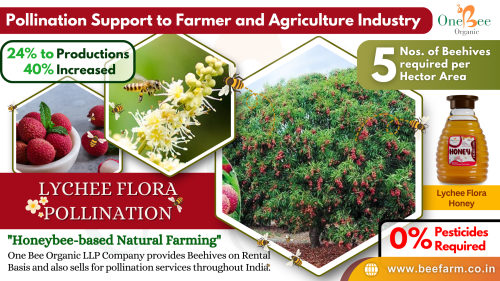
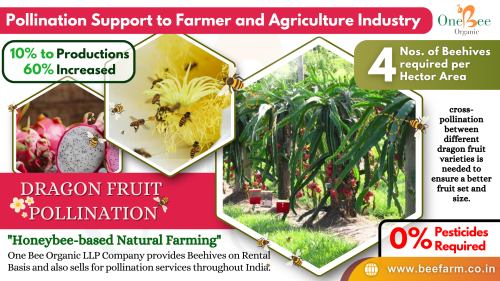
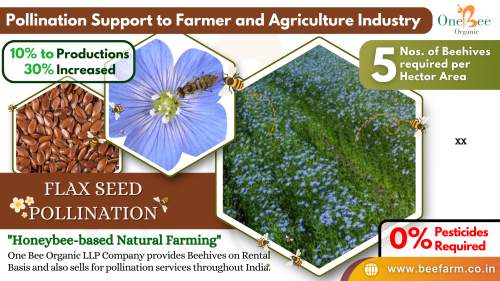
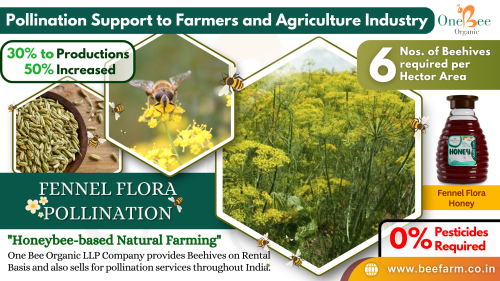
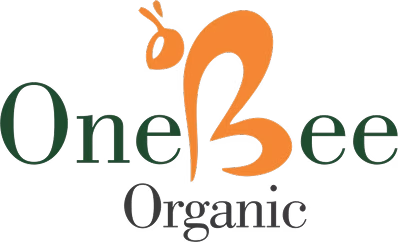
Reviews
There are no reviews yet.